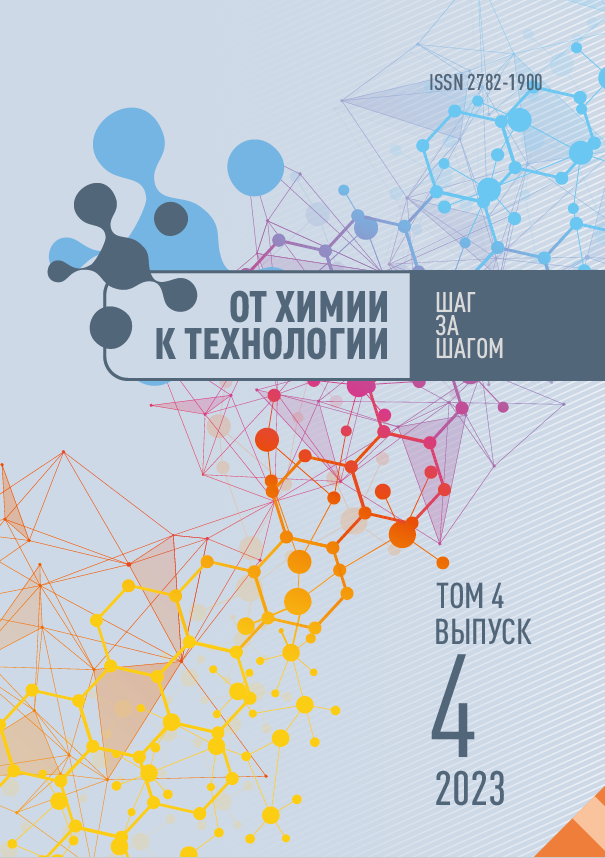Yaroslavl, Yaroslavl, Russian Federation
Yaroslavl, Yaroslavl, Russian Federation
The article presents the formulation of water-dispersion paint and varnish material containing concrete hardening inhibitor. The authors investigated the rheological characteristics of the water phase, pigment paste, and paint. The paper determines the correlation of the penetration rate with the amount of inhibitor and concludes the selection of concrete hardening inhibitor.
water-dispersion paint, concrete hardening inhibitor, rheological characteristics, "washed concrete", citric acid, sodium gluconate, penetration rate
1. Zubrod, R. & Gerhardt, M. (2020) Cold concrete. RU 2721049 (in Russian).
2. Vovk, A.I., Kovalev, A.F. & Shamsutdinov, I.Z. (2014) Complex additive for concrete. RU 2528330 (in Russian).
3. Grassl, H., Dengler, J., Schoebel, A., Pulkin, M. & Albrecht, G. (2022) Composition regulating setting of cementitious systems. RU 2777502 (in Russian).
4. Dolgore, V.A. (2011) Additive for gypsum binders, dry building mixtures, mortars and concretes on their basis. RU 2408551 (in Russian).
5. Vincent, D., Dananche, E., Quern, R. & Chun, B. (2009) Method for retarding the setting of the surface of a concrete using ester-based concrete surface retarders. WO 2010020857 A3.
6. Ye, Zi, Zhaoyang, Liu, Wei, Wu, Yongmei, Wang, Longfei, Wang, Xufei, Liu & Shuqiang, Dong. (2016) Viscosity-reduction type polycarboxylate water reducer and preparation method thereof. CN 105924592A.
7. Vincent, D., Dananche, E., Quern, R. & Chun, B. (2010) Method for retarding the setting of the surface of a concrete using ester-based concrete surface retarders. WO 2010020857.
8. Yakovlev, A.D. (2008) Chemistry and technology of paint and varnish coatings: textbook for universities. SPb.: KHIMIZDAT (in Russian).
9. Voronina, Yu.A., Krylova, Yu.A. & Tereshko, A.E. (2023) Development of aqueous phase formulation for non-toxic paints, From Chemistry Towards Technology Step-By-Step, 4(2), pp. 29-34 [online]. Availabe at: http://chemintech.ru/index.php/tor/2023-4-2 (accessed 10.09.2023) (in Russian).
10. Dierker, M. & Schafer, H. (2010) Surfactants from oleic, erucic and petroselinic acid: Synthesis and properties, European Journal of Lipid Science and Technology, 112(1), pp. 122. DOI:https://doi.org/10.1002/EJLT.200900126.
11. Tolmachev, I.A. & Petrenko, N.A. (2015) Water-dispersion paints. Moscow: Paint Media (in Russian).
12. Kosaric, N. & Sukan, F. (2014) Biosurfactants: Production and Utilization-Processes, Technologies, and Economics, CRC Press, pp. 153. DOIhttps://doi.org/10.1201/B17599.
13. Heilen, W. (2011) Additives for water-soluble paints. Moscow: Paint Media (in Russian)
14. Müller, B. & Poth, W. (2007) Coatings and paints. Principles of compounding. Moscow: Paint Media (in Russian)







